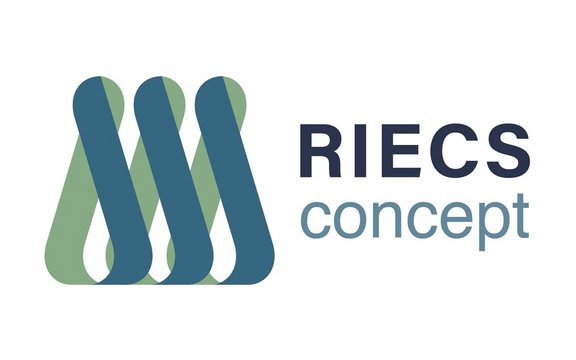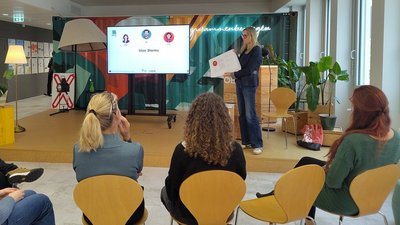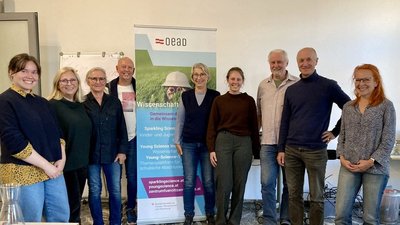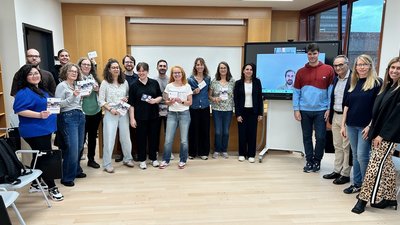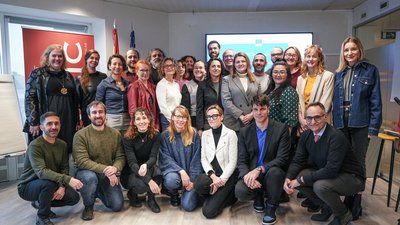About the project
The RIECS-Concept (Towards A Pan-European Research Infrastructure For Excellent Citizen Science) project officially started on January 1, 2025, marking the beginning of the conceptual work for a European citizen science research infrastructure.
The project has a duration of 36 months and will deliver a conceptual design with a feasibility study and a five-year implementation plan. It will address technical, societal and environmental challenges to create a sustainable and shared research infrastructure. The OeAD brings to the project its extensive experience in the field of citizen science in education as well as its expertise in stakeholder engagement.
Research infrastructure for citizen science
RIECS-Concept aims to design the new research infrastructure in Europe by involving multiple stakeholders and recognizing society as part of the research infrastructure. The projects will build a bridge between everyday devices and services used by citizen scientists, such as mobile apps or amateur science kits, and professional scientific resources, such as databases, distributed computing and storage facilities, citizen science platforms and scientific staff. The RIECS concept forms the basis for the subsequent initiation of the research infrastructure and the consolidation of Citizen Science in Europe.
Environment, health and climate
The RIECS concept focuses on three scientific areas - environmental monitoring, health and climate change - to facilitate engagement and address cross-cutting issues. These areas serve as a basis for exploring the general needs for citizen science in terms of research infrastructures.
RIECS-Concept addresses the challenges of fragmentation of the citizen science landscape in Europe and globally, promotes the role of society as an active partner in science and ensures long-term sustainable development. These efforts contribute to interdisciplinary cooperation and to improving the quality of citizen science data. In this way, cooperation between science and society is further strengthened.

